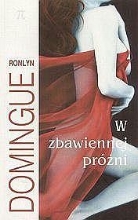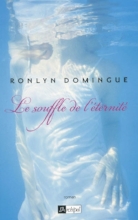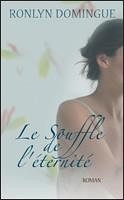The Mercy of Thin Air
New Orleans, 1920s. Raziela Nolan is in the throes of a magnificent love affair when she dies in a tragic accident. In an instant, she leaves behind her one true love and her dream of becoming a doctor—but somehow, she still remains. Immediately after her death, Razi chooses to stay between—a realm that exists after life and before whatever lies beyond it.
From this remarkable vantage point, Razi narrates the stories of her lost love, Andrew, and the relationship of Amy and Scott, a couple whose house she haunts almost seventy-five years later. The Mercy of Thin Air entwines these two fateful and redemptive love stories that echo across three generations. From ambitious, forward-thinking Razi, who illegally slips birth control guides into library books; to hip Web designer Amy, who begins to fall off the edge of grief; to Eugenia, caught between since the Civil War, the characters in this wondrous novel sing with life. Evoking the power of love, memory, and time, The Mercy of Thin Air culminates in a startling finish that will leave readers breathless.
Download your free book club kit and behind-the-scenes booklet about the novel.
Learn more about the novel from interviews and a Q&A.
KUHF (Houston, TX) radio interview
First-ever literature class audio Q&A
Library Lagniappe audio interview
WBRZ (Baton Rouge, LA) TV interview
Books on the Bayou TV interview














